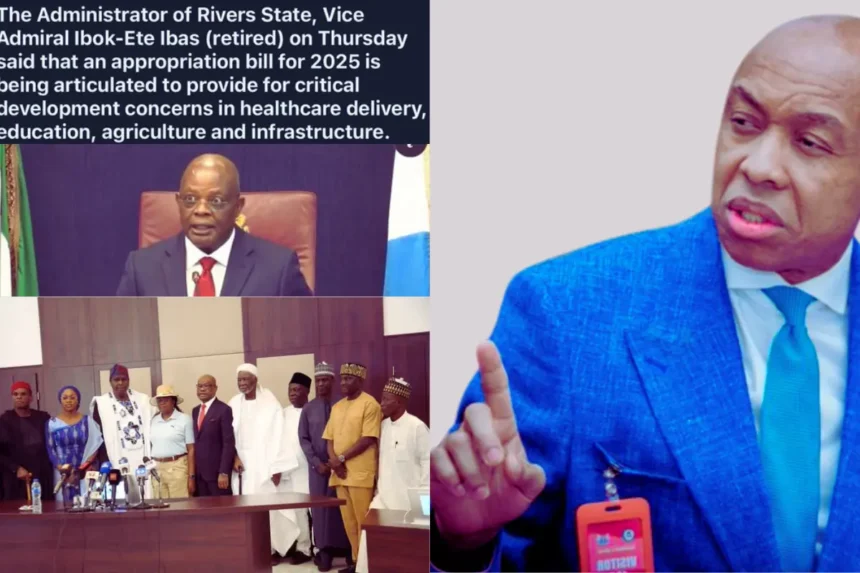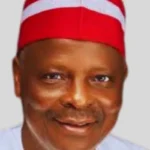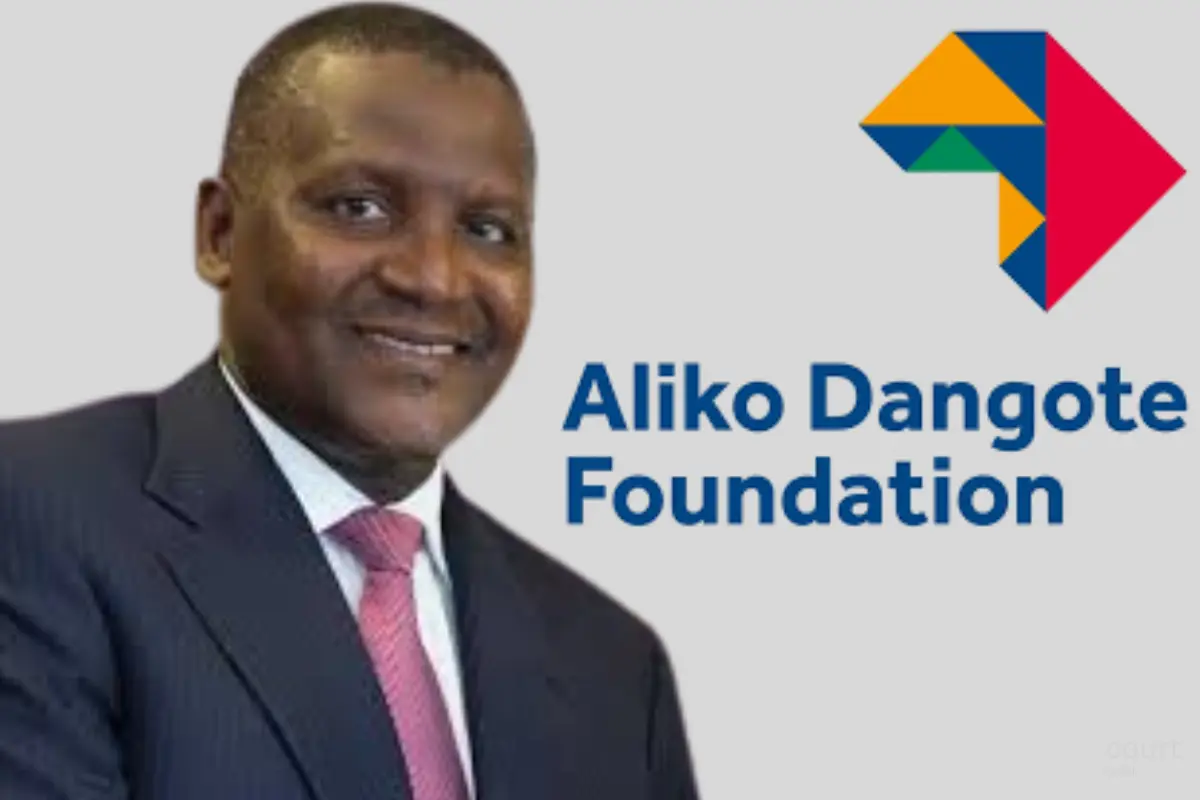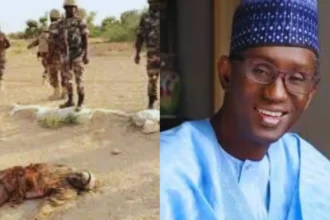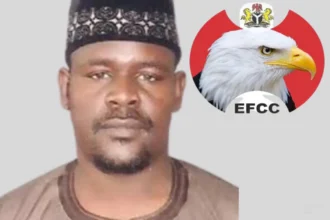Abuja, Nigeria — Prominent human rights advocate and legal scholar, Chidi Odinkalu, has once again emerged as a piercing voice of conscience in Nigeria’s ongoing struggle to maintain the integrity of its democratic institutions. In recent days, Odinkalu has raised alarm bells over what he describes as troubling trends of judicial overreach, executive influence, and constitutional ambiguity — concerns ignited by high-profile events involving Federal Capital Territory (FCT) Minister Nyesom Wike and President of the Court of Appeal, Justice Monica Dongban-Mensem.
A Club, A Court, and a Crisis of Confidence.
On April 4, 2025, Wike presided over the inauguration of the Board of Trustees of the IBB International Golf and Country Club, appointing Justice Dongban-Mensem as its new chair. While the move was framed as an effort to restore order to the embattled club — rife with internal disputes and legal wranglings — the presence of a top judicial officer at a politically tinged event has drawn sharp scrutiny, as this has happened repeatedly.
Odinkalu, echoing earlier criticisms by Senior Advocate of Nigeria (SAN) Joe-Kyari Gadzama, described the event as a “brazen accessorization of judicial officers by Wike.” Both legal minds argue that Dongban-Mensem’s participation — amid pending litigation concerning the club’s leadership and constitution — raises ethical red flags. Critics contend that such appearances risk blurring constitutional lines between the judiciary and executive power, undermining public trust in judicial impartiality.
“The @NigBarAssoc under @afamosigwe has a duty to address the brazen accessorization of judicial officers by @GovWike, & @njcNig is failing manifestly in its duty to address the impunity of judges who violate clear provisions of the judicial Code of Conduct of 2016.” — Chidi Odinkalu via X (Twitter)
While Wike defended the event as a necessary intervention in the club’s affairs, critics remain unsatisfied. For Odinkalu, the optics suggest a dangerous normalization of influence peddling.
“This is not merely about a golf club,” a senior legal analyst told NewsRida. “It’s about how power is exercised and perceived in Nigeria’s fragile democracy.”
Budgeting Without a Legislature?
Odinkalu’s critique did not stop at the country club. He has also questioned the constitutional basis of a recent announcement by Vice Admiral (rtd) Ibok-Ete Ibas, the Sole Administrator of Rivers State, who disclosed plans to prepare the state’s 2025 budget.
Reacting on social media, Odinkalu recalled President Bola Tinubu’s earlier assurance that Ibas would not wield legislative authority under the declared state of emergency. In a typically acerbic post, he quipped:
“Remember that @officialABAT said that #IbokEte will not do Ibas – like he will not have power to make laws. So, now the man #IbokEte wants to Ibas…”
The comment, while humorous, raises a serious constitutional question: Can an unelected sole administrator draft and propose a state budget?
While Ibas insists the new budget will be inclusive, transparent, and focused on development, legal experts warn that bypassing the legislative process could set a dangerous precedent. Senator Barinada Mpigi, leading a National Assembly delegation, expressed full support for Ibas, emphasizing peace and progress in Rivers. Yet, the legal gray area remains unresolved.
Between Duty and Decorum.
At the heart of Odinkalu’s concerns is a broader tension — how public institutions maintain credibility in an era of blurred boundaries between politics, governance, and justice. While Wike defends his efforts as pragmatic responses to failing systems, Odinkalu warns that pragmatic shortcuts can erode constitutional norms.
Wike’s rhetoric, touting ownership of the IBB Club and pledging to restore it “to what it used to be,” reflects a muscular approach to governance. His administration has argued that the club remains government property and that decisive intervention was needed to break internal deadlock. In appointing Justice Dongban-Mensem, he signaled seriousness:
“We are not joking,” Wike stated emphatically.
But for critics like Odinkalu, the very seriousness of the appointment is precisely what makes it problematic. Judicial officers are meant to embody impartiality — not be elevated as instruments of political solutions, even in elite recreational spaces.
The Bigger Picture.
Odinkalu’s interventions — whether questioning a budget process or criticizing judicial entanglements — are not just contrarian. They are deeply rooted in a desire to uphold the rule of law and democratic accountability in a system where power often shifts without adequate scrutiny.
As legal scholars and civil society groups weigh in, one thing becomes clear: the line between governance and overreach remains dangerously thin. Odinkalu, with his sharp critiques and sometimes satirical tone, is reminding Nigeria of something fundamental:
When legality is sidelined for convenience, democracy suffers.
Whether or not the institutions he challenges will listen is another matter entirely.
